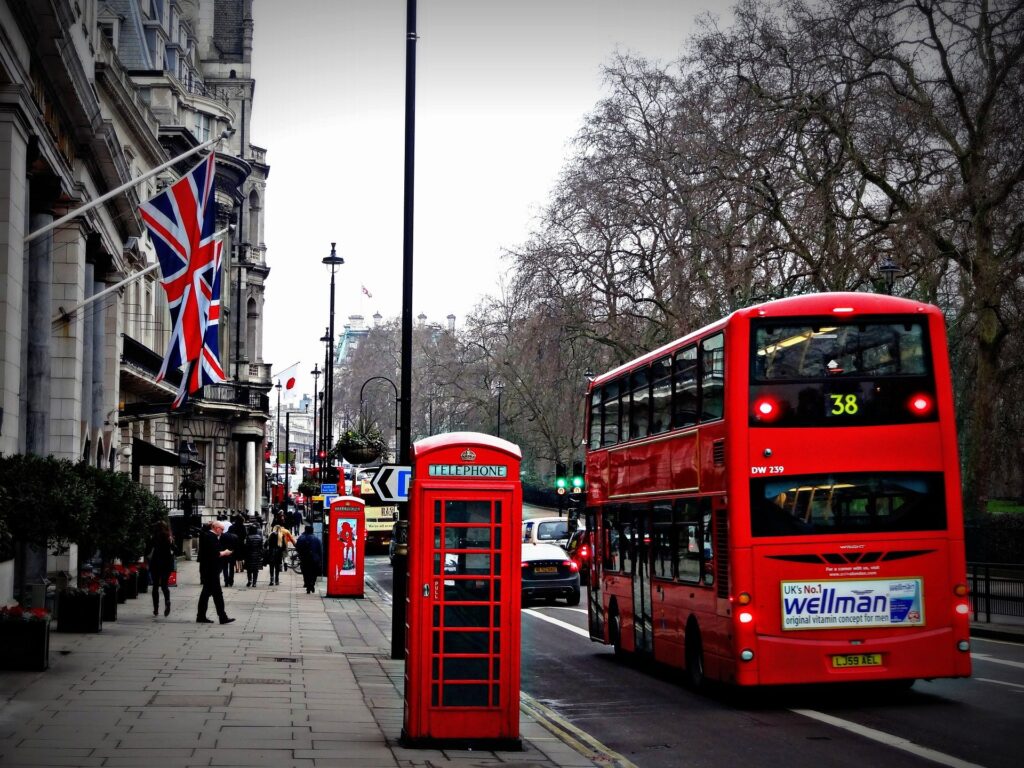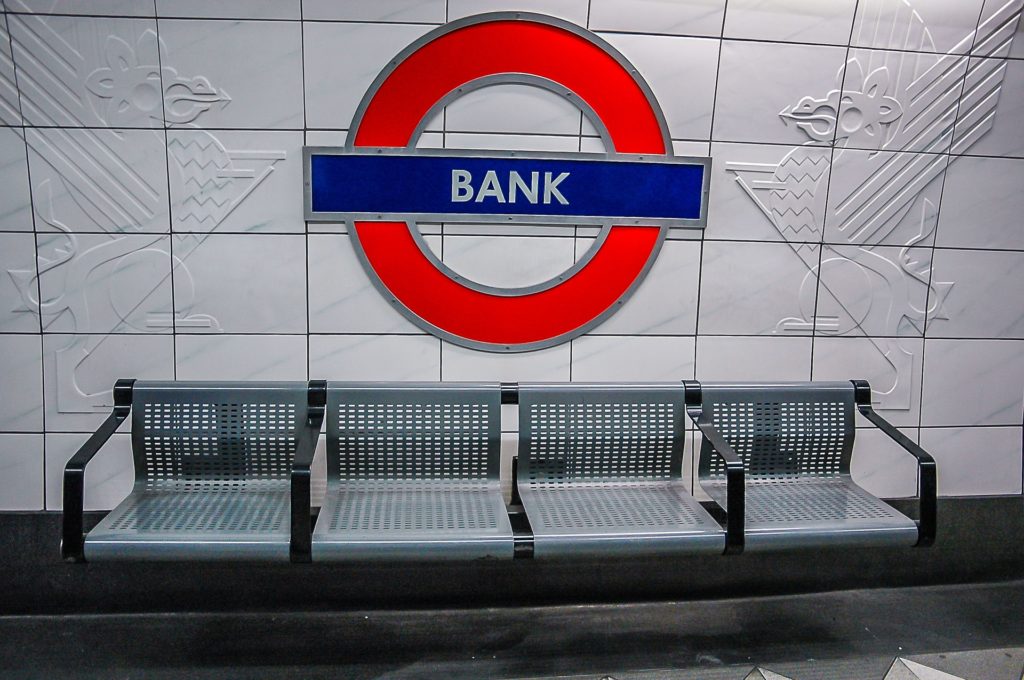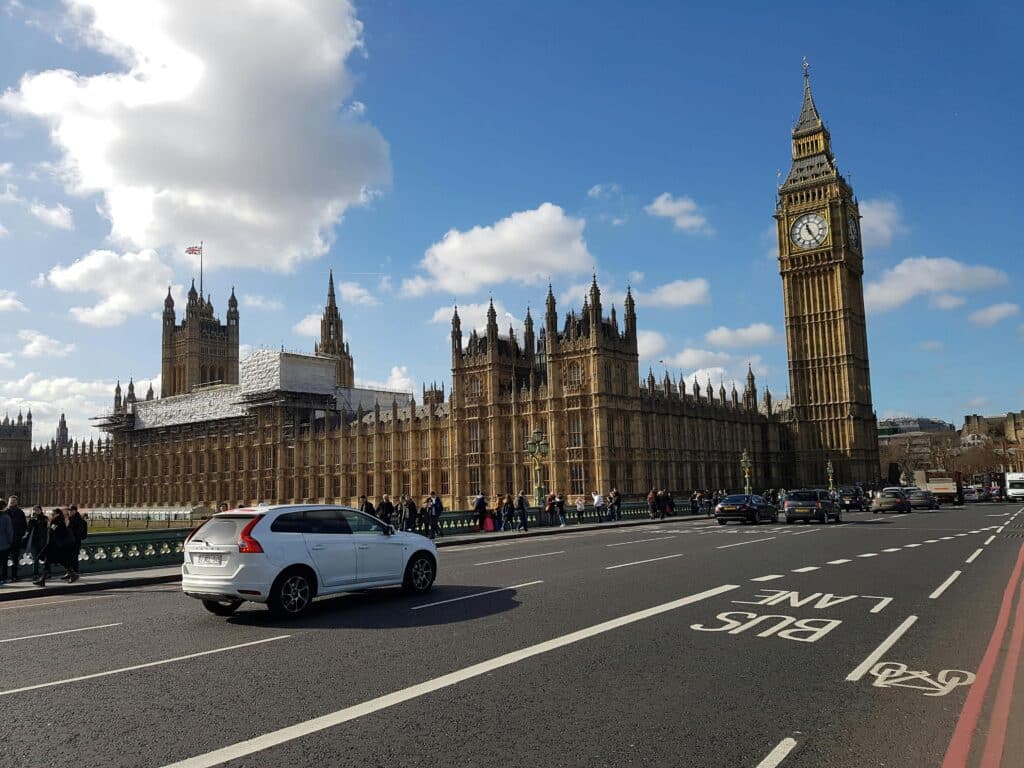Thinking of starting a new life in the UK? At Remitly, we know it can feel overwhelming to research what’s involved. That’s why we’ve put together this handy guide to the eight things which potential migrants should know about when planning the big move.

1. Applying for a visa
You’ll need a visa to move to the UK, and there are different types you can apply for online through the British government’s website. The options include:
- A student visa, if you’re primarily coming to study and have a place secured at a licensed college or university
- A work visa, of which there are several sub-types, depending on the kind of work you do
- A start-up visa, if you’re looking to set up a business in the UK and are endorsed by an educational institution or eligible business
- A family visa, if you already have relatives in the country and you’re hoping to join them
There are strict conditions that must be fulfilled for each type of visa, with all the details regarding the application process available on the official government website.
2. Setting up a UK bank account
Opening a bank account in the UK is a wise move for newcomers to the country. Hefty transaction fees can quickly rack up if you continue to use foreign debit or credit cards in the UK, and having a local bank account can also be essential for setting up bill payments and receiving your salary.
You can open your UK bank account in a bank branch, through the bank’s website, or even using the bank’s mobile app in many cases. Bear in mind that you’ll need to verify your identity using documents such as:
- Valid passport
- UK driving licence
- Biometric residence permit
You’ll also usually have to provide proof of your UK address. Commonly accepted documents to prove your address include:
- A recent utility bill
- A council tax bill
- A tenancy agreement from a local council, solicitor or reputable agency
- Benefits entitlement letter
The exact verification requirements will vary from bank to bank, so it’s important to be clear on the specific stipulations before applying for an account.

3. Paying for healthcare
As part of the visa application process, most migrants will need to pay the immigration health surcharge. This will allow you access to the UK’s famous National Health Service once you’ve relocated. The surcharge is mandatory, even if you intend to pay for private healthcare in the UK.
As of this writing, the cost is £470 per year for under-18s and those with student visas, and £624 per year for others. Significantly, you won’t have to pay this surcharge you’re a healthcare worker who is eligible for a Health and Care Worker visa.
4. Cost of living
Aside from the official, fixed costs of obtaining a UK visa and access to healthcare, it’s also important to consider the general cost of living. This will vary widely depending on where in the country you settle. Setting up a new life in London, for example, will generally cost significantly more than other regions. It can be useful to sit down and make a list of your expected monthly outgoings, so you can budget yourself accordingly. Factors to take into account include:
- Your rent
- Your utility bills, including internet and phone bills
- Council tax payments
- Food costs
- Transportation costs
- Socialising/entertainment costs
- How much you may want to send back to loved ones at home
5. Finding accommodation
Picking where exactly you’d like to live in the UK can be one of the most time-consuming aspects of relocating. The good news is you can get a head start from your home country, thanks to the wide variety of property listings available online. These include individual estate agents which list their latest rental properties on their own websites, and aggregator sites which pull in listings from a whole range of agents.
You’ll be able to filter your searches according to how much you can afford per month, and what kind of property you’d like. A studio or bedsit, for example, or a room in a shared household. If you’re coming to the UK as an international student, you may also be able to contact the college or university about halls of residence accommodation, and approved lists of student-friendly landlords.
6. Transport in the UK
The UK has a very good transportation network, which is great news if you don’t expect to have your own car. Virtually every city, town and village will have buses operating, and you can often use apps to track live timetables so you’re aware of when the next bus will come along.
The UK also has a very wide-ranging train network, although tickets can be pretty pricey. Coaches will usually make a more cost-effective alternative for longer distance journeys. The capital city is also served by the London Underground network of trains, known casually as the “the Tube”. This can often be the fastest way to navigate your way through the sprawling city.
As we touched on above, it’s important to factor transportation costs into your living expenses.
7. General things to know
While it’s impossible to sum up a country as historic and multi-faceted as the UK in one article, here’s a quick list of other things that are useful to know about the nation you’re moving to:
- The United Kingdom and Great Britain aren’t the same thing. The UK is a sovereign state that encompasses England, Scotland, Wales, Northern Ireland. On the other hand, Great Britain refers only to the main island of the British Isles and its associated smaller islands, and does not include Northern Ireland.
- Although the country is fairly densely populated, it’s also rather small. The distance between the northern extremity of John o’Groats and the southern tip of Land’s End is a modest 874 miles.
- You should brace yourself for a whole range of regional accents across the UK, not to mention different words and phrases being used depending on where you are. When a Welsh person says “tidy”, for example, they mean something’s great or fantastic. Many Brits refer to dinner as “tea”, which is an important bit of jargon to bear in mind to avoid unexpected confusion.
8. Sending money back home
Whether you’re moving to the UK to work, study or both, you may need to send money back to loved ones at home. As with everything else to do with your relocation, it’s a good idea to research the costs attached to this. While banks and traditional, over-the-counter money transfer companies are long-standing options, there’s also a newer generation of online-only remittance companies to consider.
As they don’t have to pay for bricks-and-mortar premises, these digital money transfer companies can potentially pass those savings onto you through lower fees and fairer exchange rates.
Ready to start sending?
At Remitly, it’s our privilege and passion to make life easier for millions of people who’ve made the brave decision to relocate and support their loved ones from abroad. That’s why we provide a fair, secure way to make international money transfers whenever you need to. Like to learn more? Download the Remitly app to get started.

